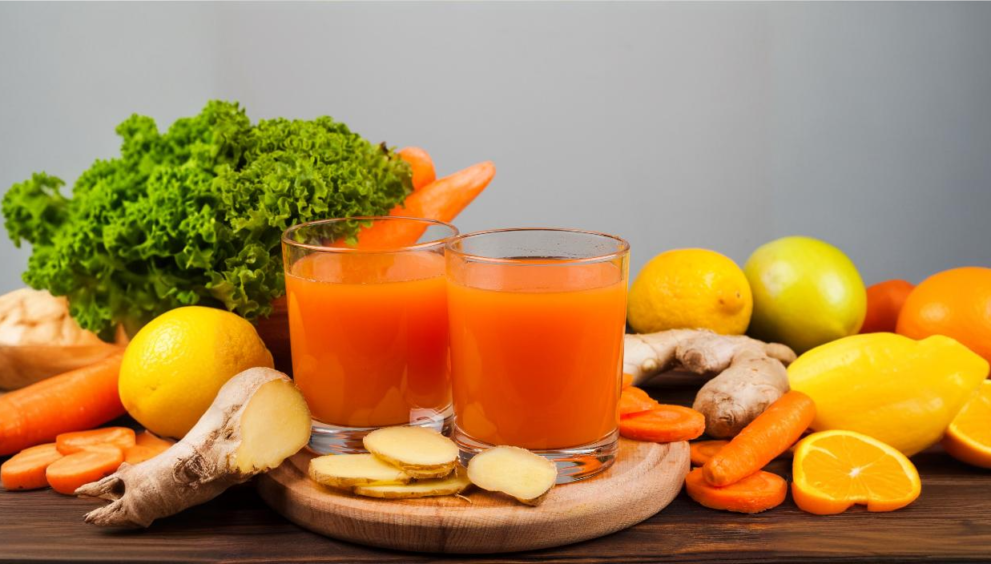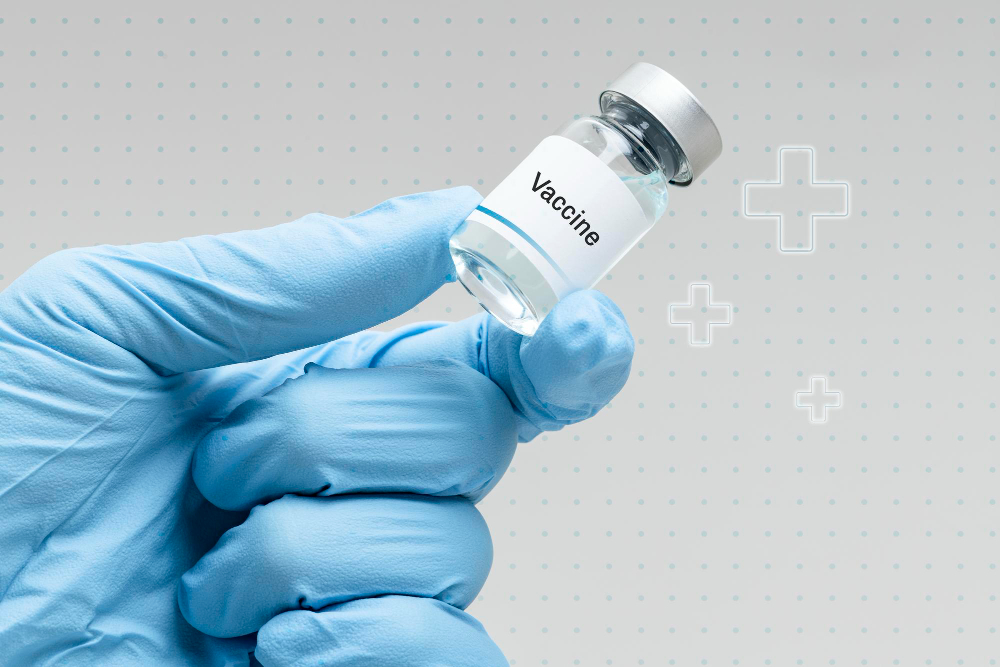CLAIM:
Drinking vegetable juice is harmful and should be avoided.
FACT:
Vegetable juice can be a healthy addition to your diet when consumed in moderation and as part of a balanced nutritional plan.
The First Check team came across a YouTube short from the account “DietTube India,” where the presenter claims that drinking vegetable juice is detrimental to health.
“Vegetable juice will harm you in the long run,” the video states, urging viewers to avoid this practice altogether.
The account has over 811,000 subscribers, and the video itself has garnered thousands of views and likes.
What are vegetable juices?
Vegetable juices are rich in essential nutrients, including vitamins, minerals, and antioxidants. They provide a convenient way to increase vegetable intake, particularly for individuals who may struggle to eat enough whole vegetables.
“Composition of fruit and vegetable juices is different from that of the edible portion of fruits and vegetables, they contain polyphenols, vitamins, and minerals from fruits and vegetables,” says this study accessed from PubMed.
However, there isn’t any scientific evidence to show that it is easier for the body to absorb nutrients from fresh fruit and vegetable juice than from fibre-rich whole fruits and vegetables.
In any case, relying solely on vegetable juices as a substitute for whole vegetables can be problematic, as juicing removes much of the fiber present in whole vegetables. Dietary fiber is essential for healthy digestion, blood sugar regulation, and cholesterol management.
Potential Risks
While vegetable juice is generally safe, consuming large amounts or improperly prepared juices can pose risks, the studies reveal.
- High Sodium Content: Packaged or store-bought vegetable juices often contain added salt, which can increase sodium levels and potentially contribute to high blood pressure.
- Nutrient Imbalance: Excessive consumption of juice from certain vegetables, such as spinach or beetroot, may lead to an overload of oxalates, which can increase the risk of kidney stones in susceptible individuals.
- Lack of Fiber: Regularly replacing meals or whole vegetables with juice can result in insufficient fiber intake, which may negatively impact digestion and overall health.
Safe Practices for Consuming Vegetable Juice
- Prepare Fresh Juice at Home: This allows control over ingredients and avoids added salt or sugar.
- Combine with Whole Vegetables: Pair juice consumption with eating whole vegetables to ensure adequate fiber intake.
- Drink in Moderation: A small serving, such as 150–200 ml, can supplement your diet without replacing solid foods.
- Rotate Ingredients: Use a variety of vegetables to avoid overloading on specific nutrients or compounds.
The claim that vegetable juice is harmful and should be avoided is misleading and lacks context. While excessive or unbalanced consumption may have downsides, vegetable juice can be part of a healthy diet when consumed in moderation and alongside whole foods. Balancing intake and maintaining variety ensures you reap the benefits without compromising overall health.
Also read: Fact-check: ‘Green juice’ cannot cure cancer – First Check
(Do you have a health-related claim that you would like us to fact-check? Send it to us, and we will fact-check it for you! You can send it on WhatsApp at +91-9311223141, mail us at hello@firstcheck.in, or click here to submit it online)
















